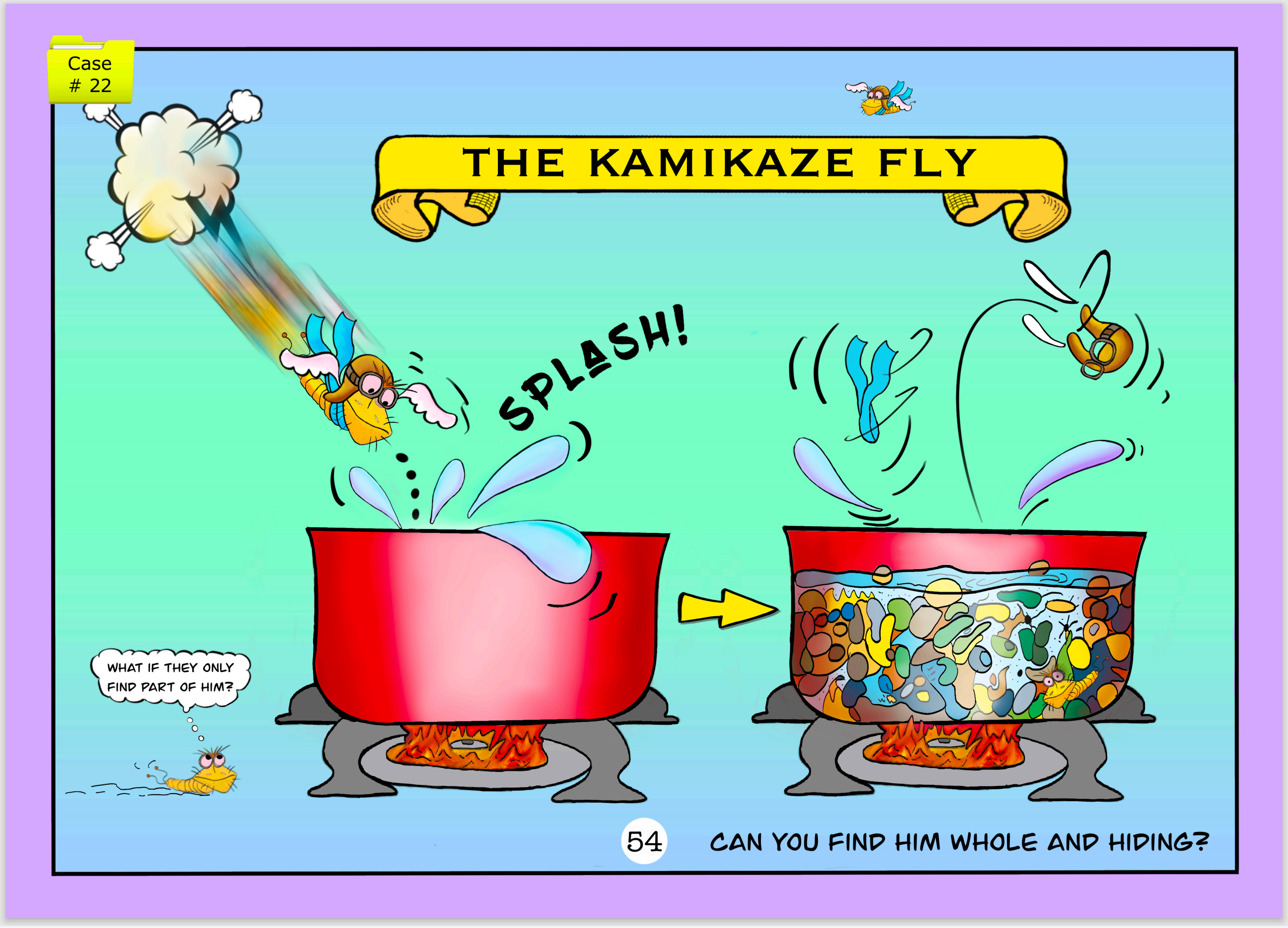"Bnai Yisrael did everything that Hashem commanded Moshe, so did they do.” Since we are told that Bnai Yisrael did what was asked of them, why are we told a second time that “so did they do”?
We see from here a very important lesson. Even though we all know what is “right and wrong” to do, it is not always easy to do the right thing, especially when one’s kovad is at stake. For example, one of the greatest honors during our travels in the midbar was to be the head of a formation. Sevat Yehudah was the head of the East, Reuven was head of the south, Ephriam was head of the west and Dan was head of the north. However, Gad had a legitimate complaint. Since he was a bachor (first born) from Zilpa, he could claim to be a leader and deserving of a higher place than Ephraim. Yet he stayed quiet and accepted Moshe’s directions. Chazal tell us that the reward given to Shevet Gad for being ma’avir on their middos was that Moshe Rabbainu is buried in their portion of land.
If we take this idea one step further we can apply it to ourselves. For example, if a husband and wife get into an argument, it is important for the husband to immediately admit he was wrong – even when he is right! This advice will save you from countless unknown hardships. True gevura is shown when one holds his tongue in the face of losing one’s kovad.
Shevat Gad trusted in Hashem and believed that Hashem is dealing with them fairly. Chazal tell us that Moshem Rabbainu was buried on their land because they were close to him. This closeness was enabled through accepting Moshe’s decision even though they could’ve argued against it.
Each of us has a place at Hashem’s table. We all have a purpose. One person may be a street cleaner and another may work on Wall Street. Ultimately, in Hashem’s eyes, both positions are equal because it is He who gave each person the task at hand. At first this may seem impossible or at best difficult. However, Chazal clearly explain that the strong person is one who conquers his evil inclination by accepting Hashem’s will over his own. Just as Shevet Gad was merited to come eternally close to Moshe Rabbainu by avoiding kovad so too each of us can come close to Hashem in this world and the next by casting aside our own kovad – especially if it is rightly deserved!
Over the years people have asked me if I would ever draw cartoons depicting some of the cases found in Yora Daya. Well, the answer is yes! I recently published a sefer called The Great Game of Kashrut. Click on the link to find out more: The Great Game of Kashrut

To order a copy of The Great Game of Kashrut follow this link: The Great Game of Kashrut
If you would like to dedicate a Davar Torah in honor of a special occasion or in memory of a beloved family member please contact Yisroel Simon at yisroel@judaism613.com.
Good Shabbos,R’ Channenjudaism613.org